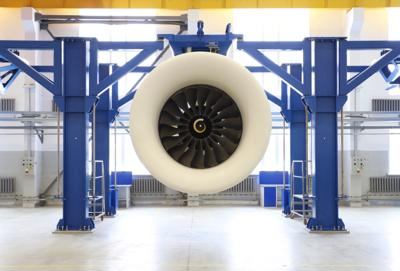Mon, Nov 01, 2021
Advertisement
More News
 NTSB Prelim: Cirrus Design Corp SR20
NTSB Prelim: Cirrus Design Corp SR20
The Airplane Made An Uncommanded Right Yaw And Roll, And He Was Unable To Maintain Control Of The Airplane On November 11, 2025, about 1750 central standard time, a Cirrus SR20, N8>[...]
 ANN's Daily Aero-Linx (11.30.25)
ANN's Daily Aero-Linx (11.30.25)
Aero Linx: Florida Antique Biplane Association "Biplanes.....outrageous fun since 1903." That quote really defines what the Florida Antique Biplane Association (FABA) is all about.>[...]
 ANN's Daily Aero-Term (11.30.25): Wind Shear Escape
ANN's Daily Aero-Term (11.30.25): Wind Shear Escape
Wind Shear Escape An unplanned abortive maneuver initiated by the pilot in command (PIC) as a result of onboard cockpit systems. Wind shear escapes are characterized by maximum thr>[...]
 Aero-News: Quote of the Day (11.30.25)
Aero-News: Quote of the Day (11.30.25)
“Working closely with the Polish Armed Forces, we’re focused on disciplined execution to help enhance Poland’s defense capabilities and keep up with the strong de>[...]
 Airborne 11.26.25: Bonanza-Baron Fini, Archer v LA NIMBYs, Gogo Loses$$$
Airborne 11.26.25: Bonanza-Baron Fini, Archer v LA NIMBYs, Gogo Loses$$$
Also: Bell 505 on SAF, NYPA Gets Flak For BizAv 'Abuse', FAA Venezuela Caution, Horizon Update Textron Aviation has confirmed it will be ending production of the Beechcraft Bonanza>[...]
blog comments powered by Disqus




